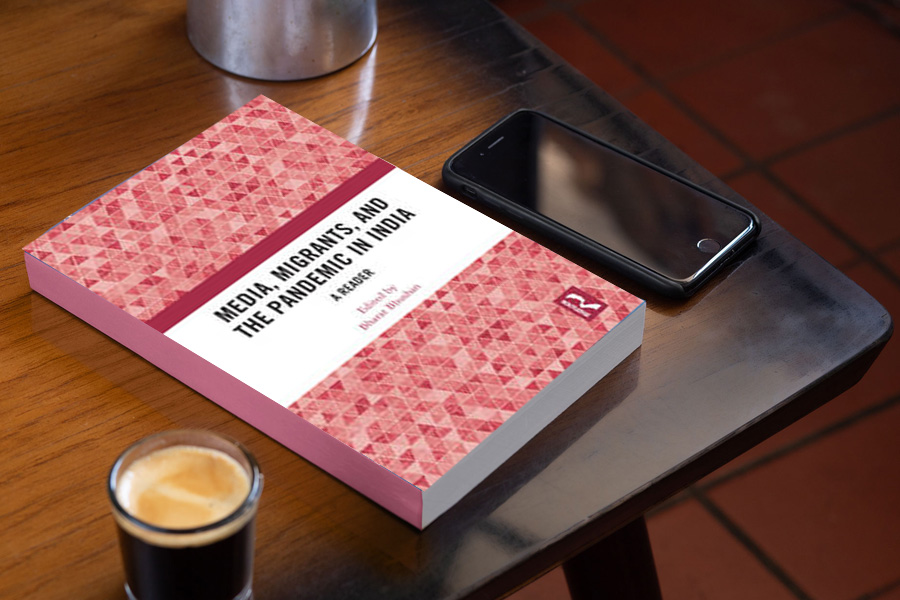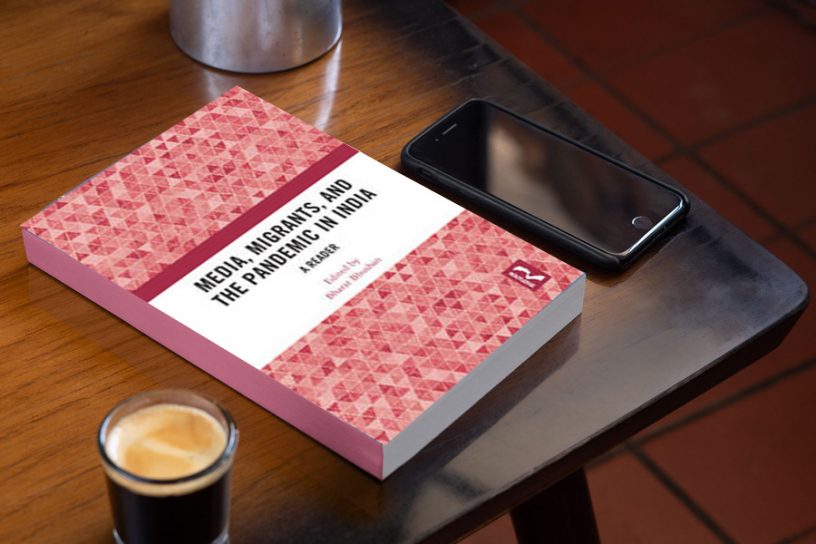
The most vulnerable of migrant women labour are those employed in unskilled to semi-skilled jobs.
Author
Vedika Kakar, Jindal Global Law School, O.P. Jindal Global University, Sonipat, Haryana, India.
Summary
Despite existing policies, there are loopholes in their implementation. The political economy of disability needs to be understood. The attitude of the governments seems to be that if they invest in infrastructure for persons with disability, they would be losing money.
The recent migrant exodus has caused a wave of reverse migration in the country where the migrant workers are returning to their native states. The Inter-State Migrant Workmen Act stipulates an additional displacement allowance of 50% of monthly wages at the time of recruitment and journey wages for the migrant to return back to their residence in the other state.
The most vulnerable of migrant women labour are those employed in unskilled to semi-skilled jobs. Pregnant migrant women were forced to give birth on highways and were relying solely on cloth and ash to deal with their menstrual cycles.
Published in: Media, Migrants and the Pandemic in India: A Reader, Pages 154 – 157
To read the full article, please click here.


